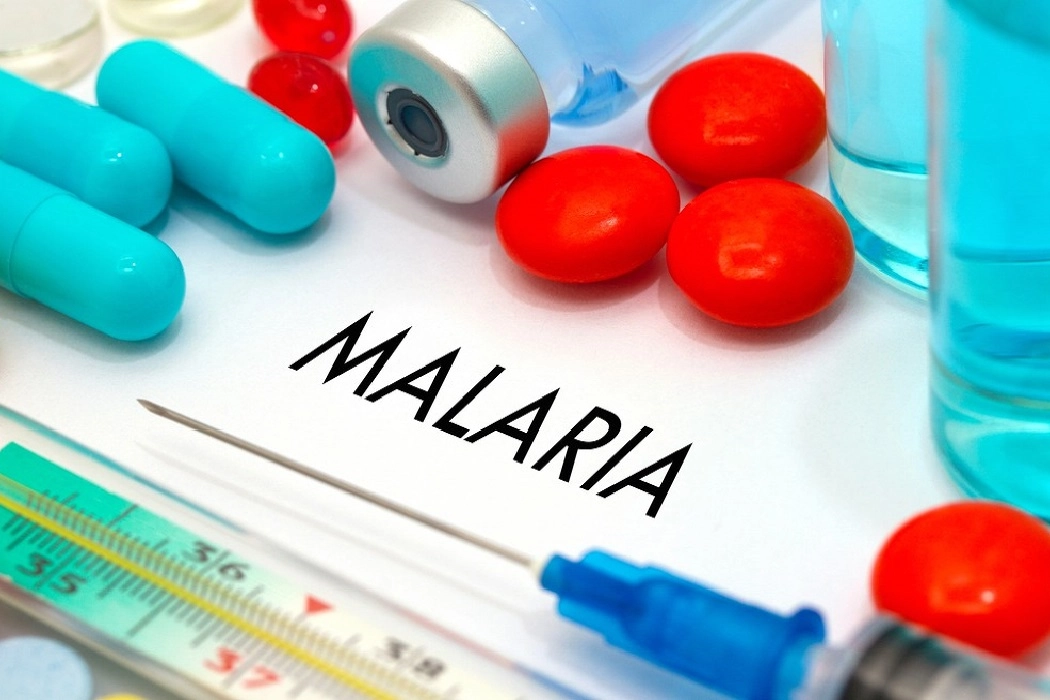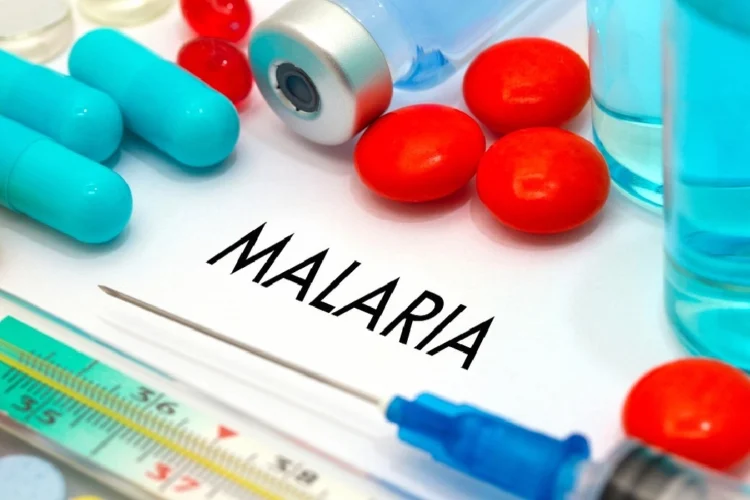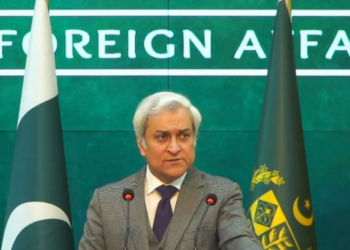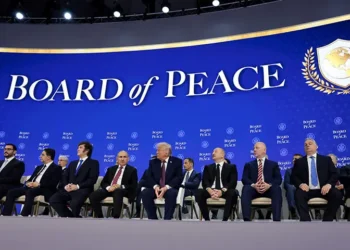Islamabad: Pakistan has announced the successful completion of a pilot project for Tafenoquine, a promising new single-dose malaria drug, marking a significant step towards the nation’s goal of becoming malaria-free by 2035. This development comes as the country faces reduced financial support from the Global Fund to Fight AIDS, Tuberculosis, and Malaria for the current grant cycle, citing global funding pressures.
The Ministry of Health reported that the pilot project for Tafenoquine focused on ensuring the safe and effective use of this newly introduced anti-malaria drug. The results of the G6PD pilot project were formally presented at a dissemination event hosted by the Directorate of Malaria Control (DoMC) in Islamabad, reaffirming Pakistan’s position as a regional leader in malaria elimination efforts.
State Minister for Health Dr. Mukhtar Ahmed Bharath emphasized the government’s commitment to eradicating malaria, stating, “This pilot project isn’t the end, it’s the beginning. It provides the foundation we need to take scalable, sustainable and science-based action.”
Tafenoquine, a revolutionary single-dose treatment for Plasmodium vivax malaria, offers a simplified and more effective treatment model compared to the previous 14-day Primaquine regimen, which often suffered from poor patient adherence. Dr. Bharath noted that many patients discontinued the Primaquine course within two to three days, increasing the risk of relapse and ongoing transmission. Tafenoquine aims to change that trajectory by providing a complete cure in a single dose.
The pilot project, implemented across nine high-burden districts with technical support from Medicines for Malaria Venture (MMV), focused on integrating Glucose-6-Phosphate Dehydrogenase (G6PD) testing into primary healthcare settings. This testing is crucial for the safe administration of Tafenoquine, as the drug can cause hemolytic anemia in individuals with G6PD deficiency.
The Drug Regulatory Authority of Pakistan (DRAP) approved Tafenoquine for use in September 2024, following endorsement by the World Health Organization (WHO), positioning Pakistan among the first countries in the region to adopt this advanced treatment.
This advancement comes at a critical time, as Pakistan reported over 2.8 million malaria cases nationwide in the aftermath of the devastating 2022 floods, underscoring the urgent need for innovative strategies to control and eliminate the disease.
Meanwhile, the Global Fund has reduced its financial support to Pakistan for HIV/AIDS, TB, and malaria programs under Grant Cycle 7 (GC7) by over $27 million, from $250.8 million to $223.6 million. This reduction, partly attributed to global donor constraints and concerns over mismanagement and leadership gaps in Pakistan’s health programs, highlights the increasing importance of Pakistan’s own initiatives, such as the deployment of Tafenoquine, to combat these diseases.






































































